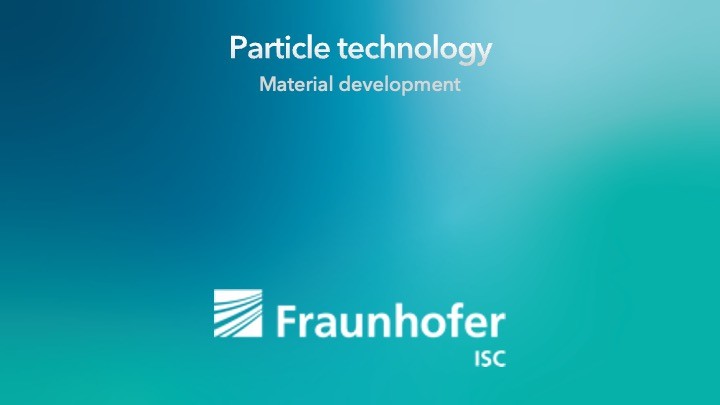
Privacy warning
With the click on the play button an external video from www.youtube.com is loaded and started. Your data is possible transferred and stored to third party. Do not start the video if you disagree. Find more about the youtube privacy statement under the following link: https://policies.google.com/privacyToday, nano- and microparticles are an indispensable component of many modern materials in almost all areas of technology. Particles can have a very complex structure and thus combine several functions. As additives, they not only improve material properties, but also open up completely new functionalities and applications.
Particle-based systems with interactive functionality are used, for example, in catalysis, as sensors, in recycling or as composite materials. The continuous development of these particles opens up new possibilities for research and industry.
